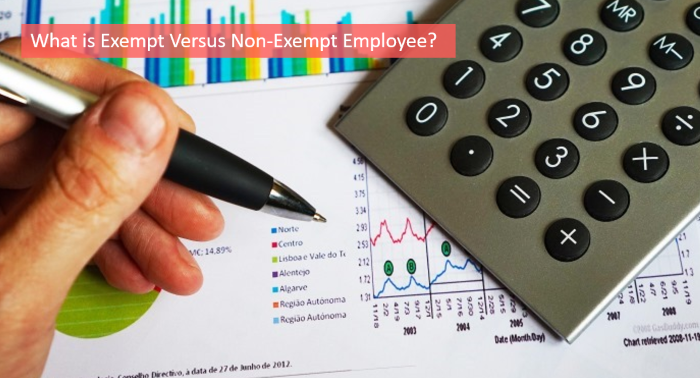What is Exempt Versus Non-Exempt Employee?
The difference between exempt and nonexempt employees is in the form in which they get paid.
Exempt Versus Non-Exempt Employee definition
The difference between exempt and nonexempt employees is in the form in which they get paid.
In general, the more responsibility and independence an employee has, the more likely the employee is to be considered exempt. Exempt employees are not paid on an hourly basis and are paid for the full week irrespective of the number of hours worked. Typical example of exempt employees would be managers, although essentially all white-collar workers are usually considered exempt employees.
Non-exempt employees are eligible to minimum wages as well as overtime pay. They must get overtime pay for hours worked in excess of 40 hours in a workweek at two and a half times the normal rate. Examples of non-exempt employees are usually related to blue-collar jobs like production and warehouse workers, customer service operatives, retail workers, skilled trades, technical and clerical services, etc.



